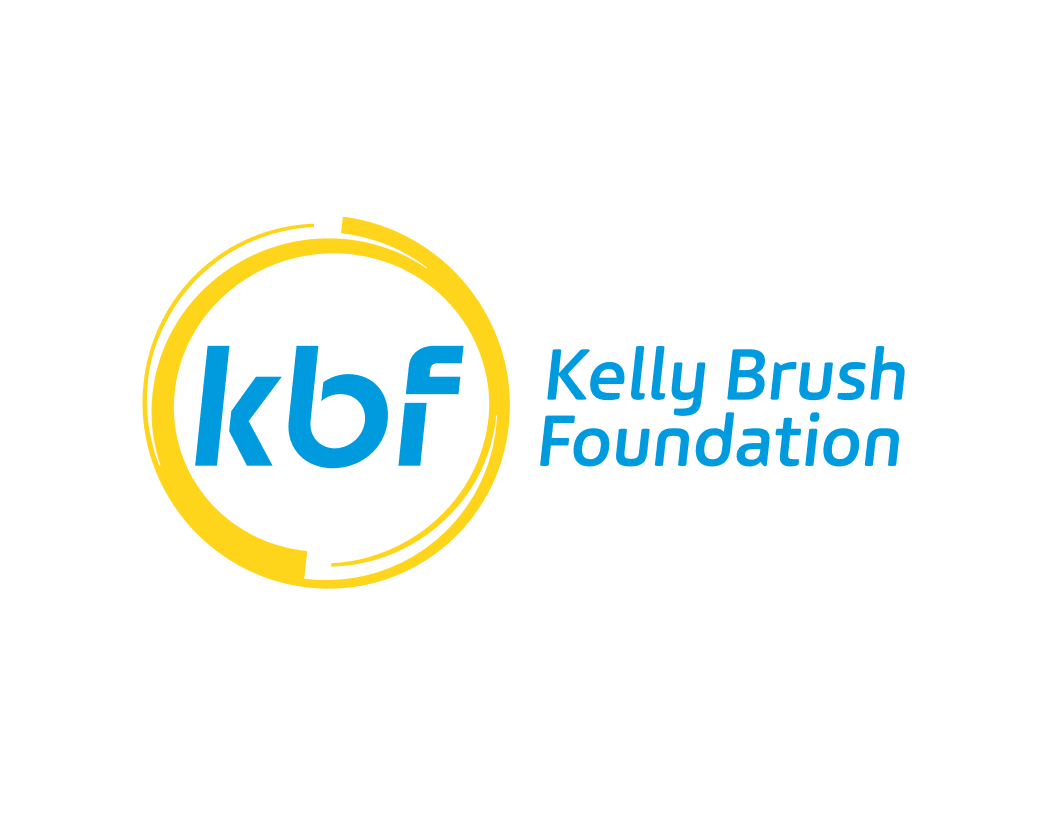In Kelly’s Words – Finding the Parallels
[Photo from 2019 Kelly Brush Ride]
COVID has triggered a lot of reflecting on all the implications, intended and unintended, of bringing society and the economy to a grinding halt. What it means to isolate and distance physically (albeit with Zoom, FaceTime, etc.). And what it means to just push pause on all aspects of life.
I have begun to see a lot of people with spinal cord injuries (SCIs) draw the connection between the societal response to COVID and those first days and months after their traumatic injuries. And I think the comparison is really apt: you can feel isolated, desperate, lost, and hopeless.
While everyone is experiencing COVID in different ways, there are some universal themes that have emerged. People are feeling isolated and lonely while at the same time craving time alone (especially parents with young kids). People are feeling frustrated that they have to deal with something they didn’t ask for, cause, or deserve. People are wishing they could go back to their lives before all of this happened, all while knowing that the world is changing and may not ever look exactly as it had before. People are missing the small, mundane things that they took for granted before all of this started. And people are wondering when this will be over, but aren’t even sure how to go back to normal life once it is “over”.
Take the word “COVID” out of that first sentence and I could have just described the emotions of someone with a new SCI.
After sustaining an SCI you can feel frustrated, alone, unsure where to go or what to do next or how to come out of this. Desperate to go back to how life was before the injury but knowing that can’t happen and having no idea if you will be able to be the same person. Uncertainty with finances, health, job, family. You need patience, but it’s the last thing you’re able to have, you get stir-crazy. This period can last for 6 weeks, 6 months, 6 years, or 60 years depending on the person, their emotional and mental fortitude, their support network and resources, and a whole host of factors.
But you also begin to find ways to cope. You practice gratitude, you value the things you are able to do, you connect with friends and family, you stay busy. And for many, you get outside, connect with nature, and get some exercise. Sound familiar? I have seen so many posts and had so many conversations with friends about these little things people are doing during COVID shelter-in-place orders.
We are all facing barriers to the things we enjoy right now, with the biggest access barrier right now being permission. For people with SCI, the biggest barriers aren’t fleeting (which we hope COVID is), but instead are persistent and feel insurmountable: belief and access. At the KBF we break down the belief barrier every day through the examples of incredible people in our community and we tackle the access barrier through our Active Fund, which provides financial grants to purchase adaptive sports equipment.
After my injury, being able to experience being an athlete–my heart beating fast, breathing hard, feeling the wind in my hair–made me feel like myself again. With this experience I felt like I could start to envision getting back to my old life and just figuring out what I needed to do a little bit differently. Born out of my experience, and confirmed by hundreds of others, we at the Kelly Brush Foundation believe that an active lifestyle is a very powerful way to overcome a lot of the hurdles after an SCI and begin to thrive. Aren’t we all feeling that right now?
This is a wild time for so many reasons but the parallels between what we are going through in the current COVID-era and what one endures after and SCI are eerily similar. I hope that anyone feeling isolated by COVID can begin to empathize with people experiencing SCI, while at the same time being reminded of the importance of physical activity. I hope people use this time to see and understand, even more than you already did, the importance of your own active lifestyle as well as the purpose of our mission: using sports and recreation as hope, empowerment, and mental health relief in the face of a personal challenge.
